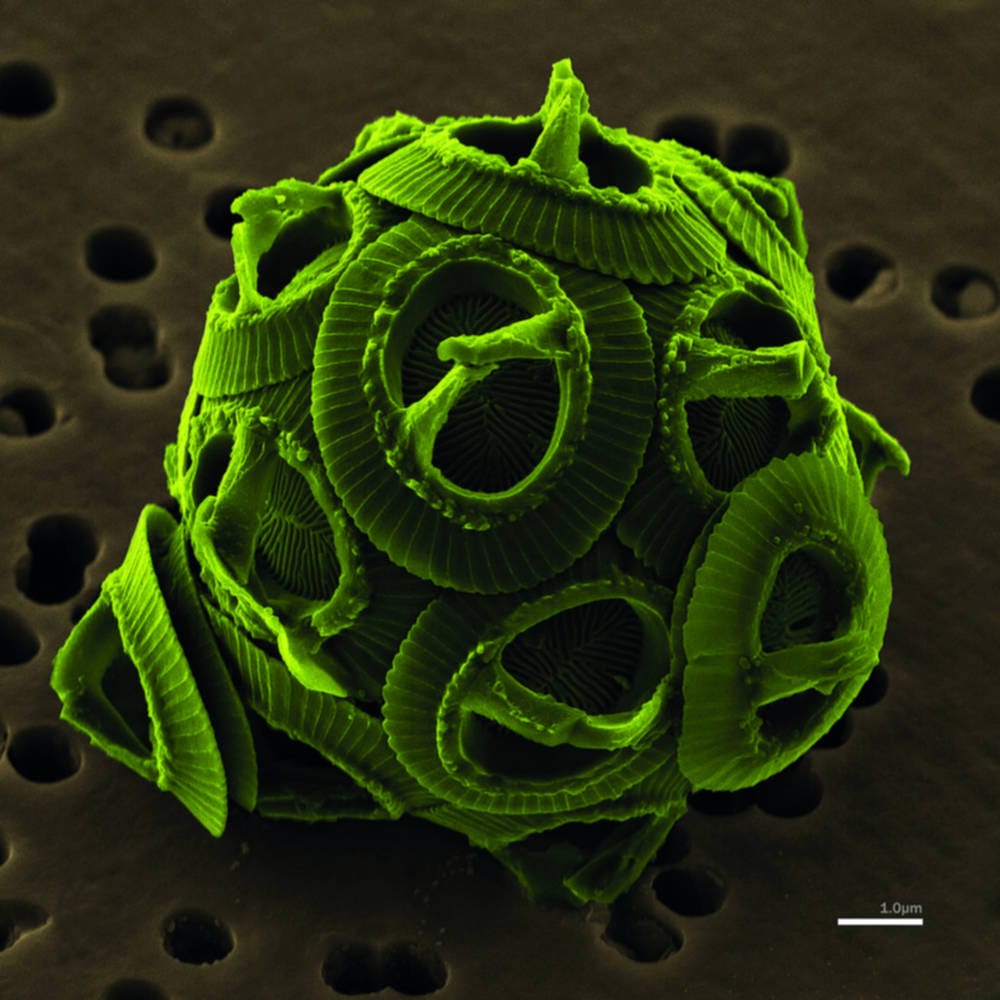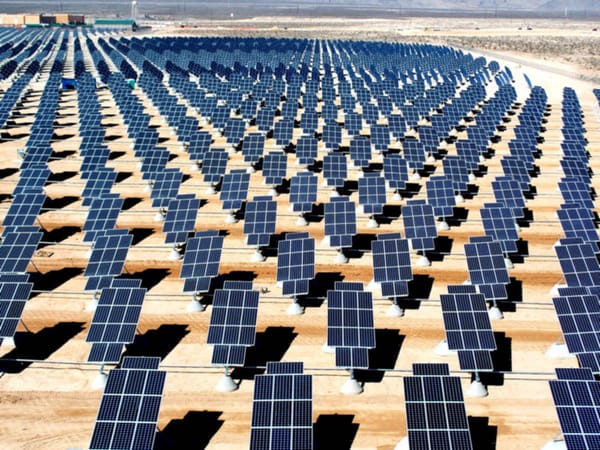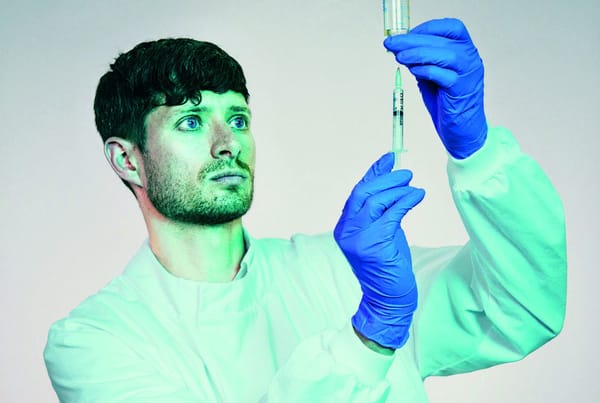Algae: growing fuel with cells in the sea
Nefeli Maria Skoufu-Papoutsaki explains new research into this potential renewable energy source

Algae could be the future of renewable energy. For those of you who are unsure, algae are oxygen photosynthetic organisms that form plant-like structures in freshwater or marine ecosystems. But could it be possible for a plant to fuel up your car and get you back home for the Christmas holidays?
The answer is yes: turn them into biofuels, a type of renewable energy made by or from a living organism.
As we all know, fossil fuels are starting to run out, so to address the potential energy shortage we have to turn to other renewable sources of energy.
This is where the biofuels come in. The most important advantage that biofuels give instead of fossil fuels is that they can be produced within a small period of time and not in millions of years, which means they can be a potential immediate source of energy.
Their production could stimulate the economy since they can increase employability in rural areas. This spreads wealth, as the main people involved with that will be farmers and scientists and not entrepreneurs.
In terms of the ecological impact, biofuels, when taken from plants, can theoretically reduce the greenhouse effect since they absorb carbon dioxide (CO2) for the purpose of photosynthesis and produce oxygen, making them a carbon neutral fuel. However, this is not the case in practice since fertilizers are required for their growth, which are made using fossil fuels.
The main disadvantage of biofuels taken from crops, is that these crops could have been used to feed people. Also especially when using ethanol as a biofuel, huge amounts are required to produce the same amount of energy as fossil fuels do, something that actually creates an energy loss.
Microalgae, another source of biodiesel, are cultivated for the oil they produce which then is extracted and after several modifications can be used as an actual fuel. Algae however, overcome the disadvantages of conventional biofuels, because they can produce far more energy, and don’t take up land used to grow food.
Furthermore, algae can grow in salt water, freshwater or even contaminated water: something that would solve the issue of the land required for cultivation. And the more CO2 algae take up, the more oil can be produced.
Researchers working on how to increase the yield production of algae have possibly discovered a ‘cellular button’ that except from increasing the oil production in algae can give them a better understanding of cellular regulation which can be very helpful for cancer research.
Algae may prove to be the organism that can save us all. Apart from the advantages it shares with all renewable energy sources, it also overcomes many of the disadvantages associated with conventional biofuels.









